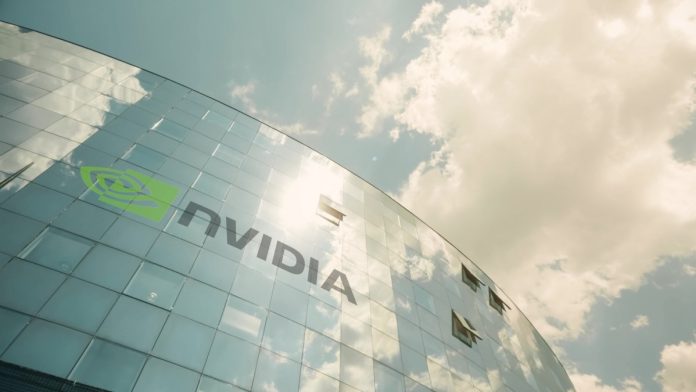Tech giant Nvidia has hit back at a ruling by the Biden administration that restricts the sale of advanced chips to countries that pose a national security risk to the US.
Announced by the White House on Monday (13 January), the rule seeks to prevent US-developed AI technologies from falling into the hands of adversaries that can “easily abuse advanced AI”.
However, Ned Finkle, Vice President of Government Affairs at Nvidia, claims that the “unprecedented and misguided” actions put global progress in jeopardy.
In a statement on Nvidia’s website, he said: “In its last days in office, the Biden Administration seeks to undermine America’s leadership with a 200+ page regulatory morass, drafted in secret and without proper legislative review.
“This sweeping overreach would impose bureaucratic control over how America’s leading semiconductors, computers, systems and even software are designed and marketed globally. And by attempting to rig market outcomes and stifle competition — the lifeblood of innovation — the Biden Administration’s new rule threatens to squander America’s hard-won technological advantage.”
The “Interim Final Rule on Artificial Intelligence Diffusion” restricts chip sales to certain destinations to the equivalent of 50,000 graphic processing units (GPUs), but government-to-government agreements can be struck to increase the limit to 100,000.
However, a White House fact sheet states that the rule eliminates restrictions on chip sales for 18 key allies, including the UK, Australia and the Republic of Korea.
Alternatively, entities outside of these nations “that meet high security and trust standards and are headquartered in close allies and partners” can obtain “Universal Verified End User” status.
Entities that meet the same security requirements and are located in a destination that is not in a country of concern to the US can also apply for “national Verified End User” status – permitting them to purchase up to 320,000 advanced GPUs over the next two years.
A notable absence from the list of trusted allies is China and Finkle argues that the ruling is cloaked in the guise of an “anti-China” measure despite it doing nothing to enhance US security given that the “technology is already widely available in mainstream gaming PCs and consumer hardware”.
Ending his statement, Finkle expressed his enthusiasm for the Trump administration to take its place in office following President Donald Trump’s inauguration on 20 January.
“Although the rule is not enforceable for 120 days, it is already undercutting U.S. interests,” said Finkle.
“As the first Trump Administration demonstrated, America wins through innovation, competition and by sharing our technologies with the world — not by retreating behind a wall of government overreach.
“We look forward to a return to policies that strengthen American leadership, bolster our economy and preserve our competitive edge in AI and beyond.”





